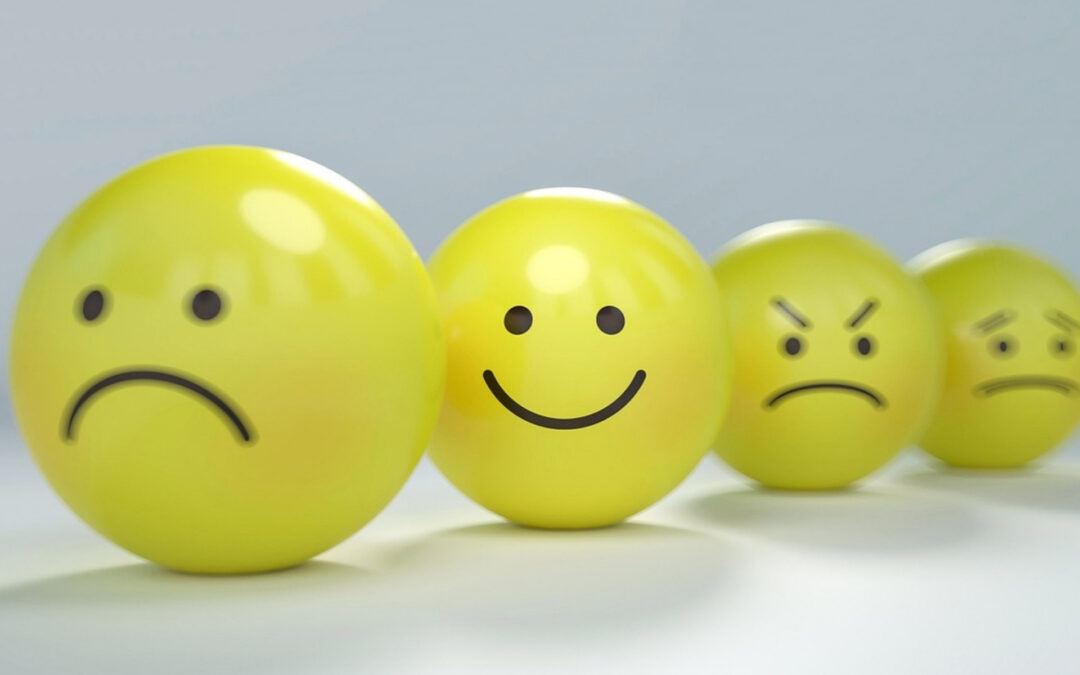Emotions are a natural and necessary part of being human. They inform us, protect us, and connect us to others. But sometimes, emotions can feel overwhelming or unpredictable, like they’re running the show and we’re just along for the ride. Emotional regulation is the skill of responding to our emotions with awareness, rather than reacting impulsively or shutting down. It doesn’t mean suppressing feelings or “being calm all the time.” Instead, it means developing the ability to slow down, understand what we’re feeling, and choose how we want to respond. It’s about riding the wave, rather than being pulled under by it.
Why does emotional regulation matter? Because when we struggle to regulate, it often shows up in our daily lives, snapping at loved ones, withdrawing from relationships, feeling anxious or stuck, or turning to unhealthy coping mechanisms like numbing or avoidance. On the flip side, when we can regulate our emotions effectively, we’re more able to stay grounded in the middle of conflict, make thoughtful decisions under pressure, and navigate challenges without being completely overwhelmed. It’s not about perfection; it’s about building the capacity to stay connected to ourselves, even in hard moments.
It’s important to know that emotional regulation isn’t something you’re either born with or not. It’s a skill, and like any skill, it can be learned and practiced. Our ability to regulate is influenced by many things: how emotions were handled in our families growing up, whether we’ve experienced trauma, our nervous system sensitivity, and the stress levels we’re managing day to day. If regulation doesn’t come easily to you, that doesn’t mean you’re broken. It means you might just need more support, tools, or practice.
So, what does emotional regulation look like in real life? It can be as simple as pausing to name what you’re feeling, “I’m anxious,” or “I’m overwhelmed”, which helps shift the brain from reactivity into awareness. It might involve using body-based strategies, like grounding your feet on the floor, taking slow breaths, or going for a walk to help release stored tension. It could mean checking in on the stories you’re telling yourself in emotionally charged moments, like “I always mess things up” or “No one cares what I need” and gently challenging those thoughts. Sometimes, emotional regulation means reaching out for support so you’re not carrying it all alone.
Therapy can be a powerful place to build emotional regulation skills. As a marriage and family therapist, I often help clients explore how they relate to their emotions and what patterns might be making things harder. Whether someone is navigating anxiety, relationship stress, trauma, or simply feeling disconnected from themselves, learning to regulate emotions is often the foundation for deeper healing. It’s not about avoiding emotions; it’s about creating enough space within to hold them with curiosity and compassion.
At the heart of emotional regulation is this truth: you are not too much, and your feelings are not something to be feared. Emotions are messengers, not enemies. And when we learn to listen to them without being controlled by them, we become more resilient, more self-aware, and more free.
If you’re ready to feel more grounded and supported in your emotional life, therapy can help you get there, one step, one breath, one moment at a time.

